
Elections in Antigua and Barbuda take place in the framework of a parliamentary democracy.

Parliamentary elections were held in Moldova on 6 March 2005. The result was a victory for the Party of Communists of the Republic of Moldova, which won 56 of the 101 seats.
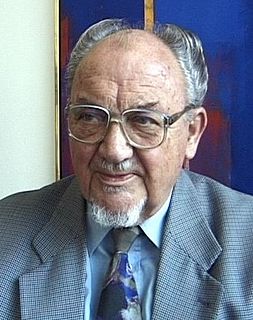
General elections were held in Denmark on 4 December 1973 and in the Faroe Islands on 13 December. It has since been referred to as the Landslide Election, as five new or previously unrepresented parties won seats, and more than half the members of the parliament were replaced. The Social Democratic Party, which had led a minority government until this election, lost a third of their seats. After the election Poul Hartling, the leader of the liberal Venstre, formed the smallest minority government in Denmark's history with only 22 seats, supported by the Progress Party, the Conservative People's Party, the Social Liberal Party, the Centre Democrats and the Christian People's Party.
The Democratic Party is a center-right party in Bulgaria led by Alexander Pramatarski. The party is a member of the European People's Party (EPP).
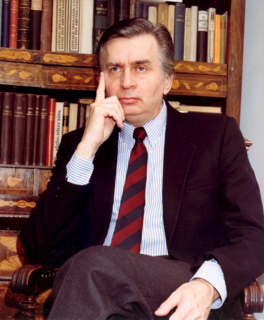
The 1990 Hungarian parliamentary elections were held in Hungary on 25 March 1990, with a second round of voting taking place in all but five single member constituencies on 8 April. They were the first completely free and competitive elections to be held in the country since 1945, and only the second free elections in the country's history. The conservative, nationalist Hungarian Democratic Forum (MDF) beat the liberal and more internationalist Alliance of Free Democrats, which had spearheaded opposition to Communist rule in 1989, to become the largest party in parliament. The Hungarian Socialist Party, the former Communist party, suffered a crushing defeat, winning only 33 seats for fourth place.

Parliamentary elections were held in Moldova on 25 February 2001. The result was a victory for the Party of Communists of the Republic of Moldova, which won 71 of the 101 seats.

General elections were held in Bahrain for the first time on 12 December 1973. 30 seats out of the 44-seated unicameral National Assembly were contested, the other 14 were ex officio. Of the 24,883 registered voters, 19,509 cast a ballot, giving a voter turnout of 78.4%.
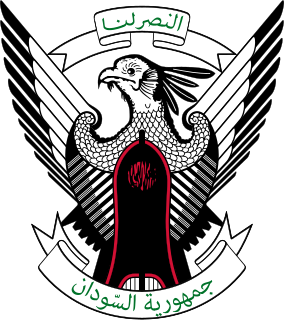
General elections were held in Sudan to elect a President and National Assembly between 2 and 17 March 1996. They were the first elections since 1986 due to a military coup in 1989, and the first simultaneous elections for the presidency and National Assembly. 125 members of the 400-seat National Assembly had been nominated before the election, leaving 275 seats to be elected. There were no political parties at the time, and all candidates ran as independents.

Parliamentary elections were held in Kuwait on 23 January 1971. A total of 183 candidates contested the election, which saw pro-government candidates remain the largest bloc in Parliament. Voter turnout was 51.6%.

Parliamentary elections were held in Kuwait on 4 July 1999. A total of 288 candidates contested the election, which saw pro-government candidates and secular opposition candidates emerge as the two largest blocs in Parliament. Voter turnout was 83.2%.
General elections were held in Lebanon between 16 and 30 April 1972. Independent candidates won the majority of seats, although most of them were considered members of various blocs. Voter turnout was 54.4%.
General elections were held in Lebanon between 23 August and 11 October 1992, the first since 1972. Independent candidates won the majority of seats, although most of them were considered members of various blocs. Voter turnout was 30.3%.
General elections were held in Lebanon between 18 August and 15 September 1996. Independent candidates won the majority of seats, although most of them were considered members of various blocs. Voter turnout was 43.3%.
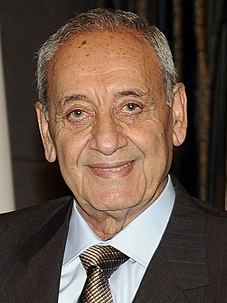
General elections were held in Lebanon between 27 August and 3 September 2000. Independent candidates won the majority of seats, although most of them were considered members of various blocs. Voter turnout was 40.5%.
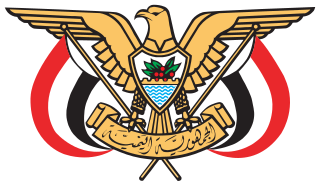
Parliamentary elections were held in the Yemen Arab Republic on 5 July 1988. As political parties were banned, all 1,300 candidates for the 128 seats ran as independents. Around 40 seats were won by tribal candidates, whilst around 30 were won by candidates sympathetic to the Muslim Brotherhood. After the election, a further 31 members were appointed by the President. Voter turnout was 77.7%.

Parliamentary elections were held in Armenia on 5 July 1995, with a second round on 29 July. There were 150 constituency seats and 40 elected on a national basis using proportional representation. The result was a victory for the Republican Bloc, which won 88 of the 190 seats. Overall voter turnout was 54.3%.

Parliamentary elections were held in Armenia on 30 May 1999. There were 75 constituency seats and 56 elected on a national basis using proportional representation. The result was a victory for the Unity Bloc, which won 62 of the 131 seats. Overall voter turnout was 51.7%.
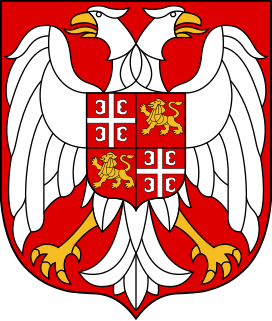
Parliamentary elections were held in the Federal Republic of Yugoslavia on 3 November 1996. A coalition of the Socialist Party of Serbia, the Yugoslav Left and New Democracy emerged as the largest bloc in the Federal Parliament, winning 64 of the 138 seats. Radoje Kontić, member of the Montenegrin ruling party, the Democratic Party of Socialists of Montenegro, was confirmed as Prime Minister of the Federal Republic of Yugoslavia. He was replaced, in 1998, by Momir Bulatović, leader of Socialist People's Party of Montenegro.

General elections were held in Italy on 29 October 1882, with a second round of voting on 5 November. The "ministerial" left-wing bloc emerged as the largest in Parliament, winning 289 of the 508 seats.
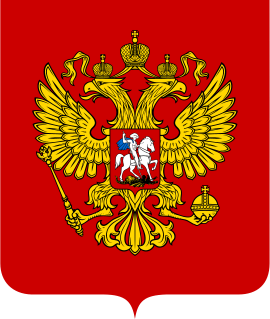
Women of Russia was a political bloc in Russia.















